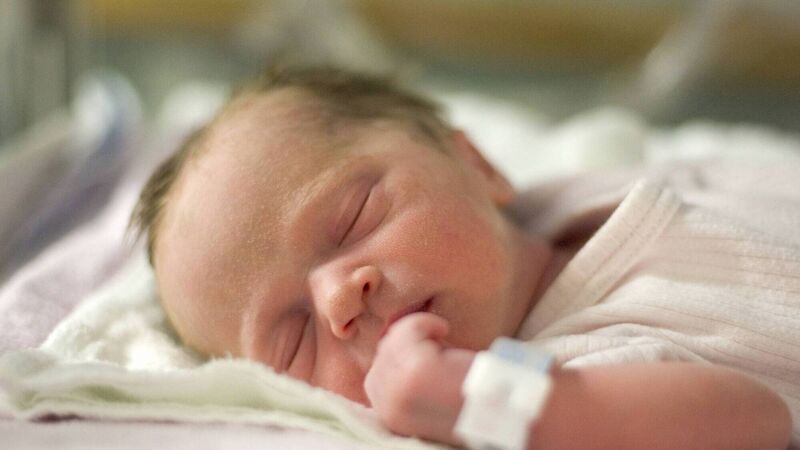Ireland gets 'exceptionally poor' score for access to fertility treatments

A single round of IVF can cost €5,000 in Ireland, but with associated costs for some patients for the likes of egg retrieval and embryo storage the price can soar beyond €10,000 for some.
Ireland has come in 40th place out of a possible 43 in a new index of countries in terms of access to fertility treatments, earning it a rating of “exceptionally poor”.
The comparative map of European states graded countries on legal access to fertility treatments, the funding and reimbursement of fertility treatments and the patients’ perspective. The index was published by Fertility Europe, along with the European Parliamentary Forum for Sexual and Reproductive Rights.













